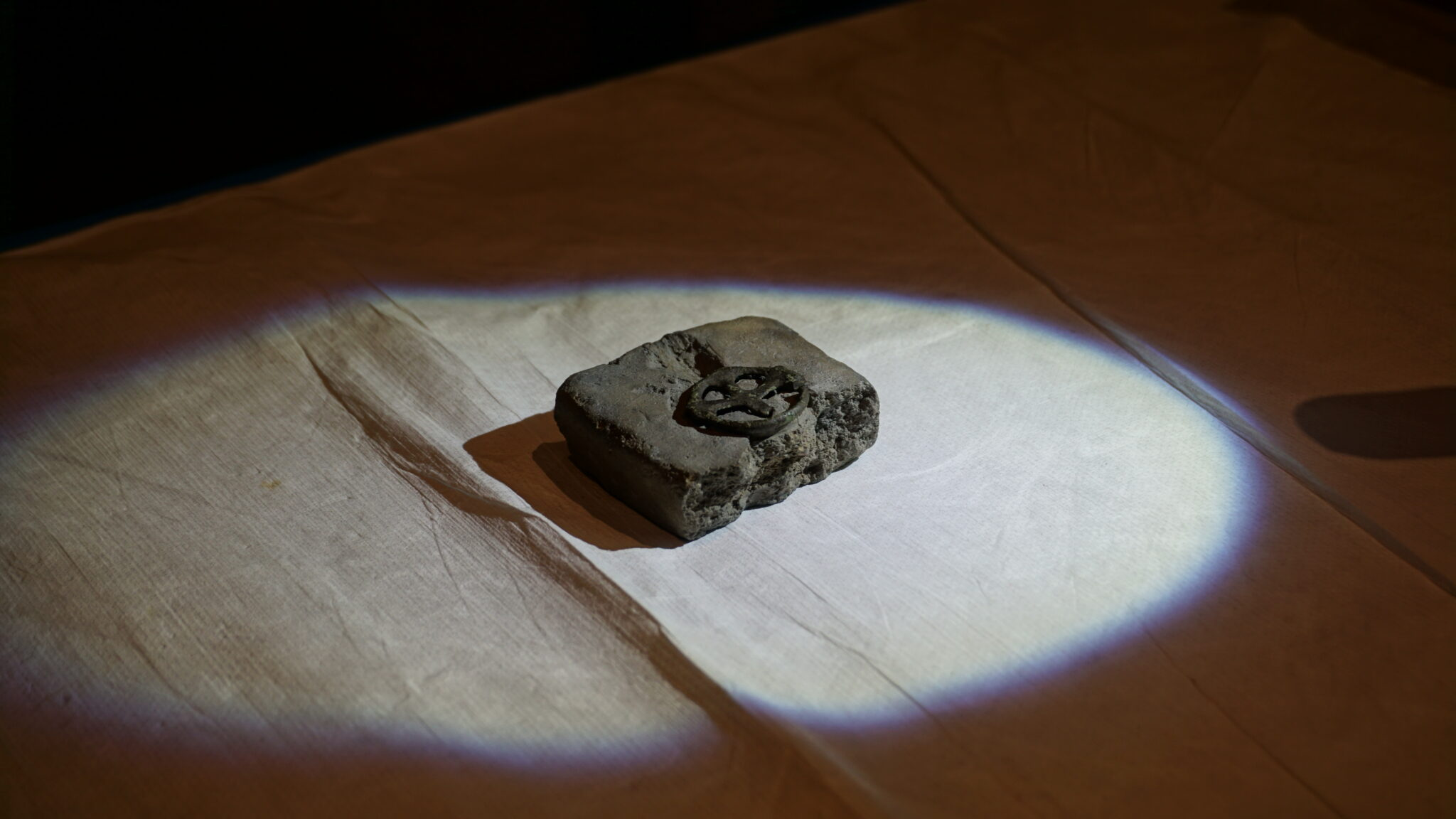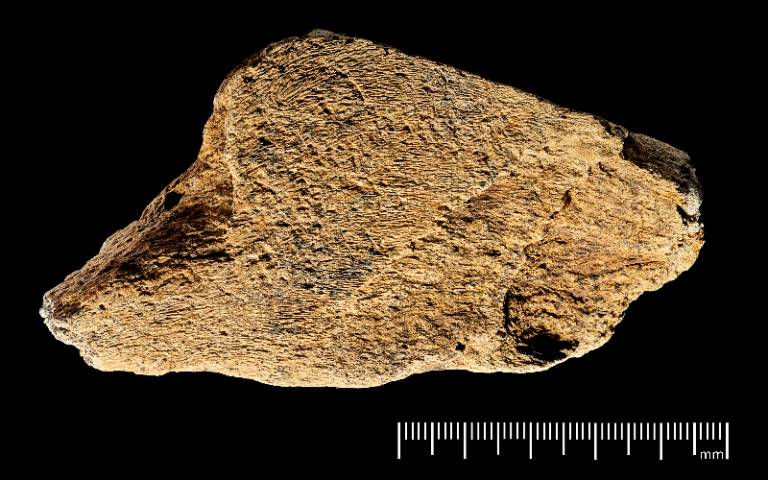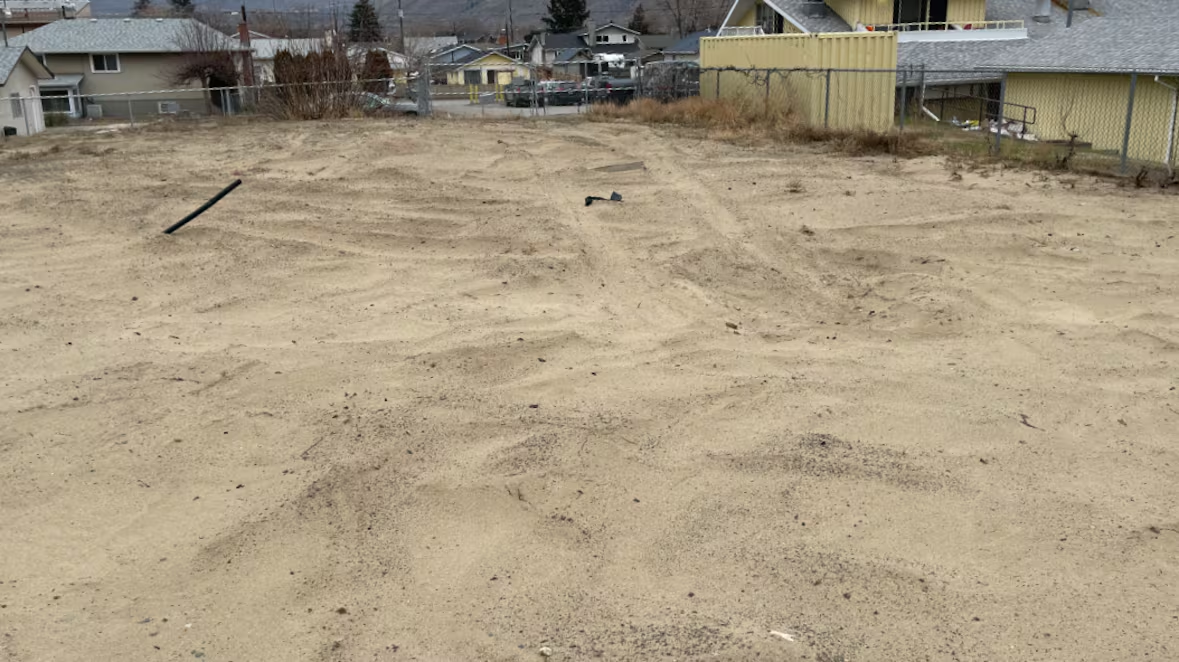The case for returning the Parthenon Marbles to Greece has become “compelling,” The Times has said, in what marks a shift in the British newspaper’s editorial position.
The paper notes the recent precedent set by Italy which returned a fragment of the Parthenon Marbles to Greece. The “Fagan fragment” was taken, like the Parthenon sculptures, from Ottoman-controlled Athens in the early 19th century, and later sold to the University of Palermo.
“The treatment of the Parthenon in past centuries has long been used as a reason to deny Greece the sculptures’ return,” the newspaper said in its leading editorial titled “Uniting Greece’s heritage,” about the fifth century BC antiquities currently on display at the British Museum.
The Acropolis Museum, Greece
“For more than 50 years, artists and politicians have argued that artefacts so fundamental to a nation’s cultural identity should return to Greece. The museum and the British government, supported by The Times, have resisted the pressure,” it said.
“But times and circumstances change. The sculptures belong in Athens. They should now return.”








